
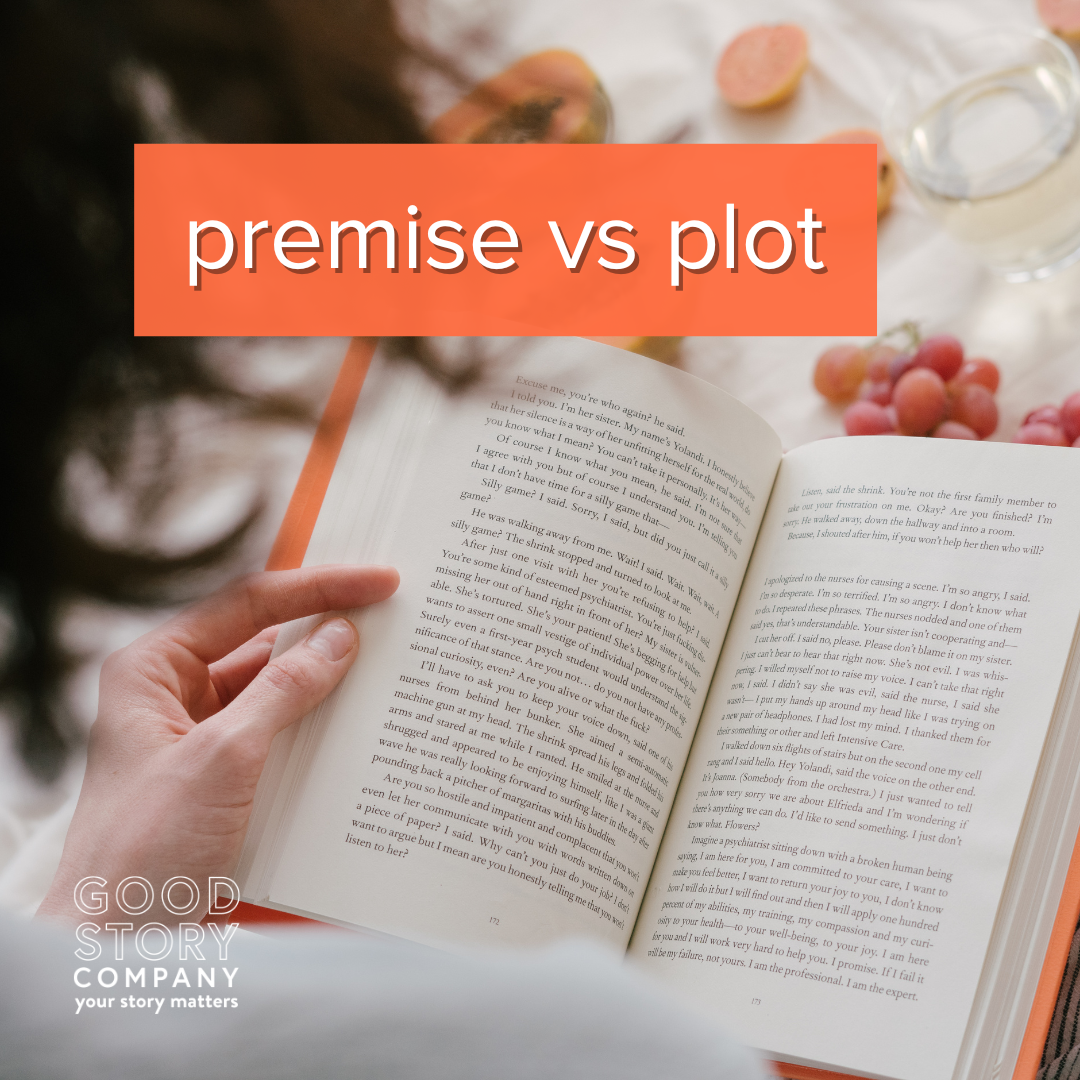
Premise Vs Plot
The concept of premise vs. plot is a common stumbling block for many writers. They’ll think they have a killer idea for a manuscript lined up, but when they sit down to write, the energy fizzles out partway through. Why isn’t a great idea enough?

3 Helpful Tips for How to Rewrite a Novel
Rewriting a book doesn’t mean your idea or your writing are bad. It means there’s a better way to show readers the essence of what you’re trying to tell them. Here are 3 helpful tips to get you started!

Episode 36: Rob Kent, The Middle Grade Ninja
Rob Kent, author and host of the Middle Grade Ninja podcast, joins Mary Kole to talk about his illustrious publishing career and provides valuable insights and inspiration for aspiring writers. He discusses the importance of managing expectations for success in your writing career, as well as writing for your own personal happiness.
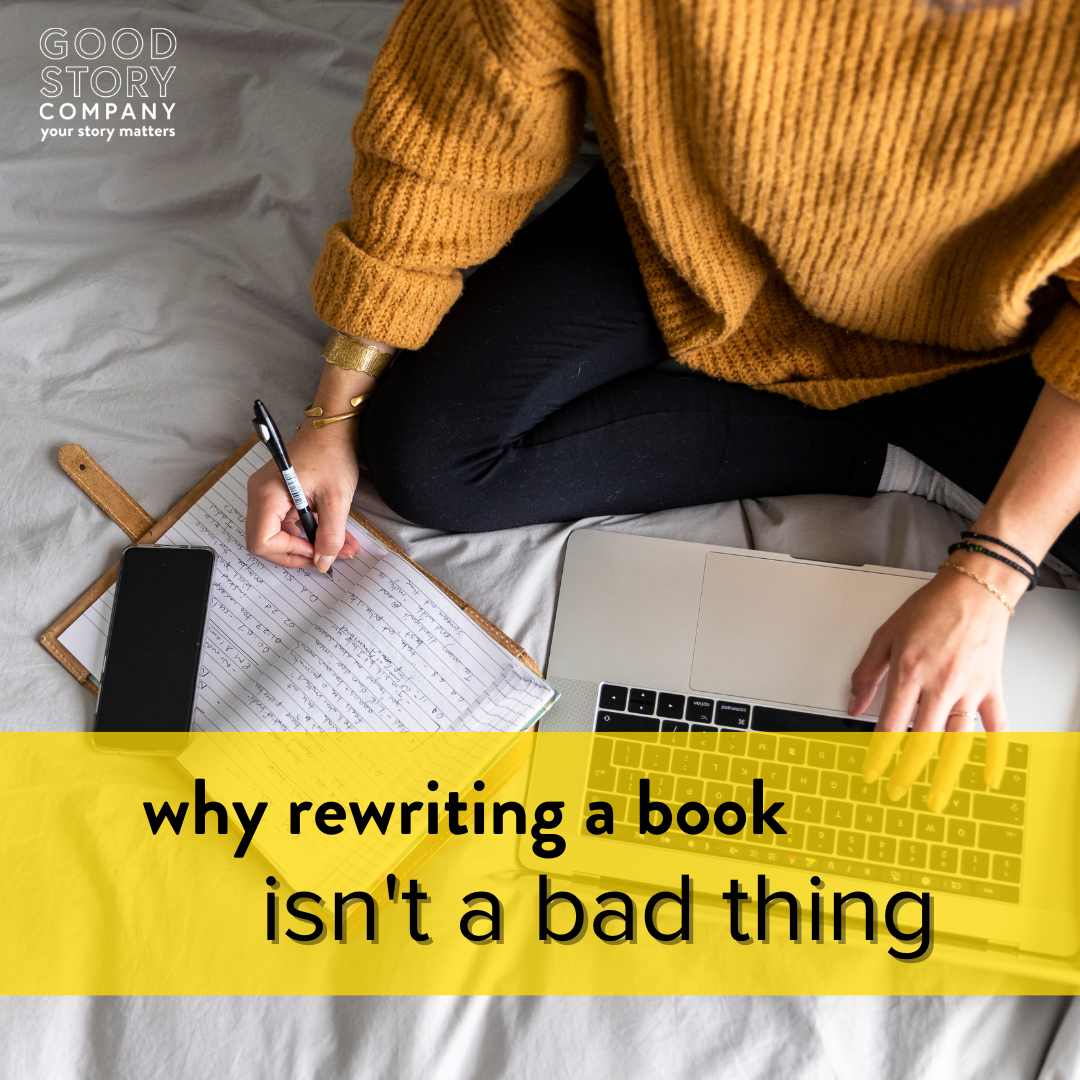
Why Rewriting A Book Isn’t A Bad Thing
Rewriting a book may seem like a daunting task, but it’s worth it. Not only will rewriting develop your narrative, but it’ll make you a better writer. Here’s how.

Boring Characters
Hello. My name is Blandy. My appearance is normal. My eyes, hair, and build are ordinary. My opinions are private. My feelings are mild. I have a job in an office where I work. For leisure, I either look outside or inside. I am a boring character.

Tag, You're It! Using Dialogue Tags Effectively
Dialogue tags are invisible and useful when done well, but they can kick a reader out of a story so quickly when they aren’t. Let's talk about which ones work, and which are less effective.

Writing Shy Characters
How do you write shy characters? Shy people often have rich inner worlds that are teeming with life; they’re just selective about who they let inside. Here are a few ways to help you show your shy character’s true nature.

How to Be a Writing Buddy
How is a writing buddy different from a critique partner or writing partner? The terms are often used interchangeably, but I happen to think that a “writing buddy” is friendlier. So here’s how to be a good one, and boost your own critique and writing skills at the same time.

Picture Book Word Count
How long can a picture book manuscript be? What if mine’s much longer? Or much shorter? Will I be automatically rejected by an agent? What if my story needs those words? Are there different lengths for different types of picture book manuscripts?
Let’s answer these questions.

Episode 35: Gretchen McNeil, YA Horror/Suspense Novelist
Dark YA novelist Gretchen McNeil joins Mary in an episode all about recognizing and executing a good story idea. They discuss the shifting young adult book market and embracing diversity, mastering storytelling structure and the importance of shaping the reader's experience, and the controversial subject of IP development.
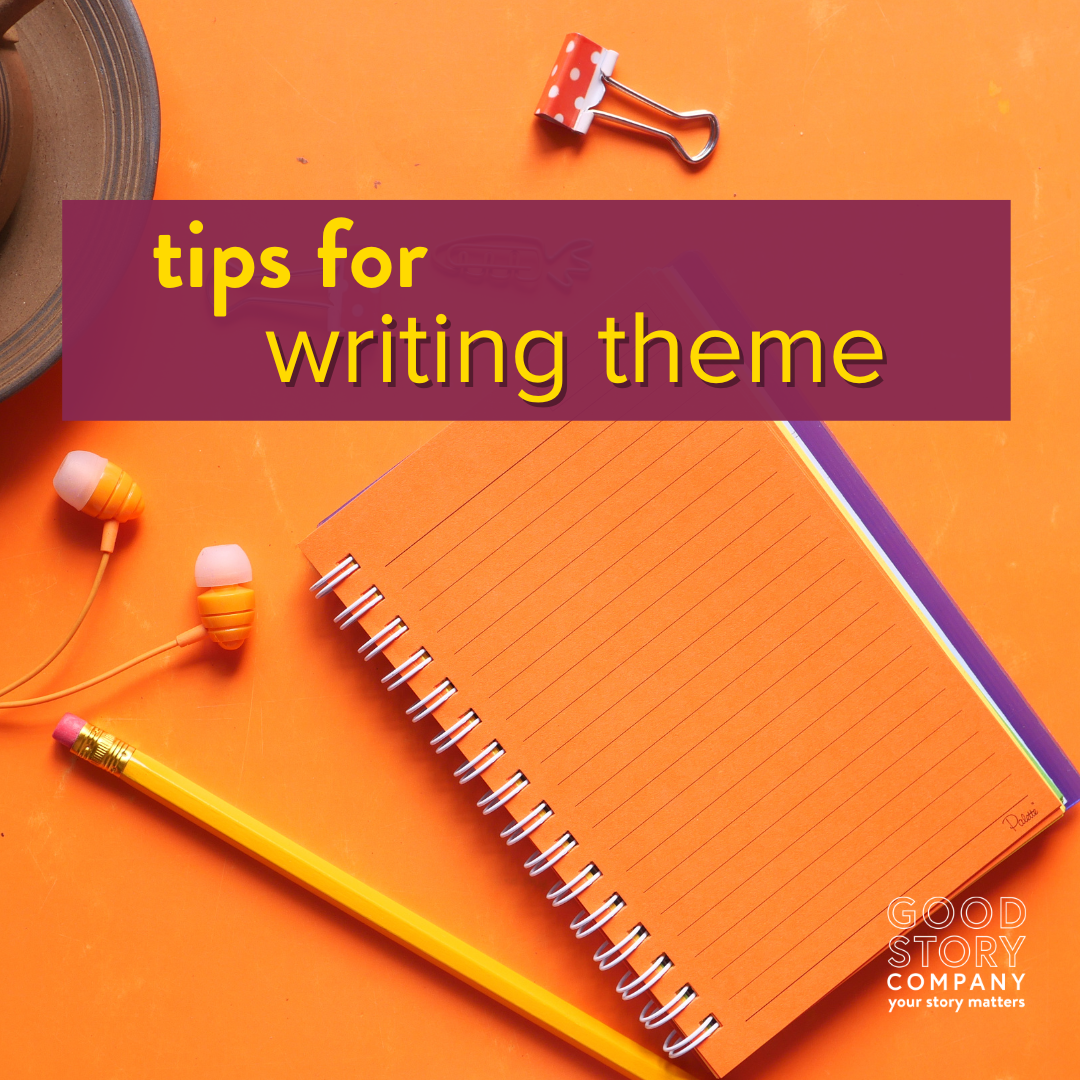
Tips for Writing Theme
The act of writing theme is an important ingredient in storytelling, but it doesn’t have to resound with Meaning-with-a-capital-M. In fact, theme works best when it’s subtle and even open to interpretation. Here are three tips that’ll help you incorporate theme into your story.

Advice for Beginning Writers
Some writers have been scribbling stories for so many years, they can’t remember a time when they weren’t writing. Others—like me—specifically remember when they decided to attempt a novel and began typing their first paragraphs. I want to share some advice for beginning writers here who might be feeling overwhelmed, insufficient, or daunted by the road ahead.
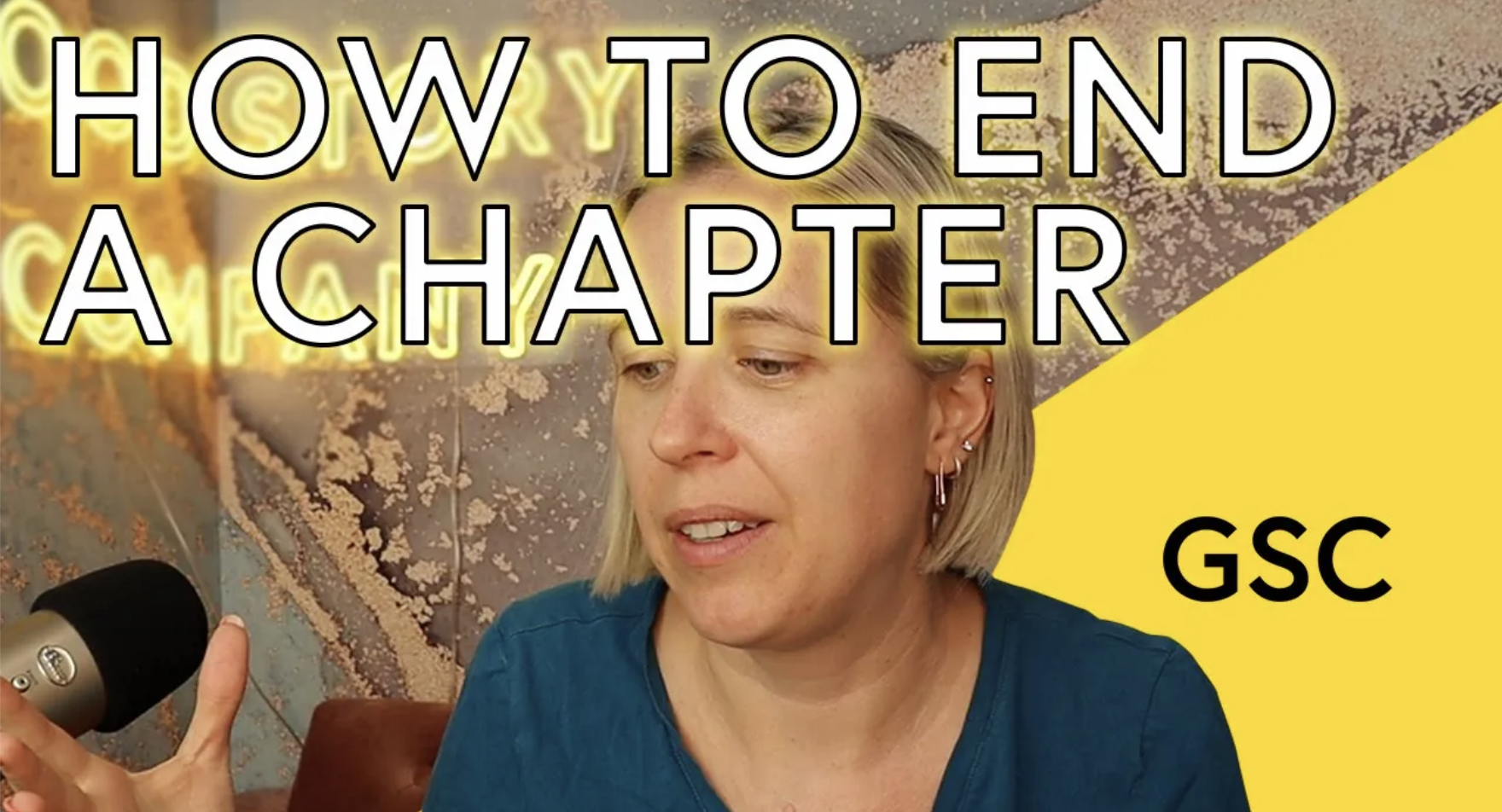
How to End a Chapter
Approaching how to end a chapter is tricky territory. It’s very easy to lose your reader in the white space and page break there, unless you give them a reason to stay and turn the page. Distractions are always beckoning, and nowhere is your grasp on your audience more tenuous. Check out this video to learn how to end your chapters in a compelling way!
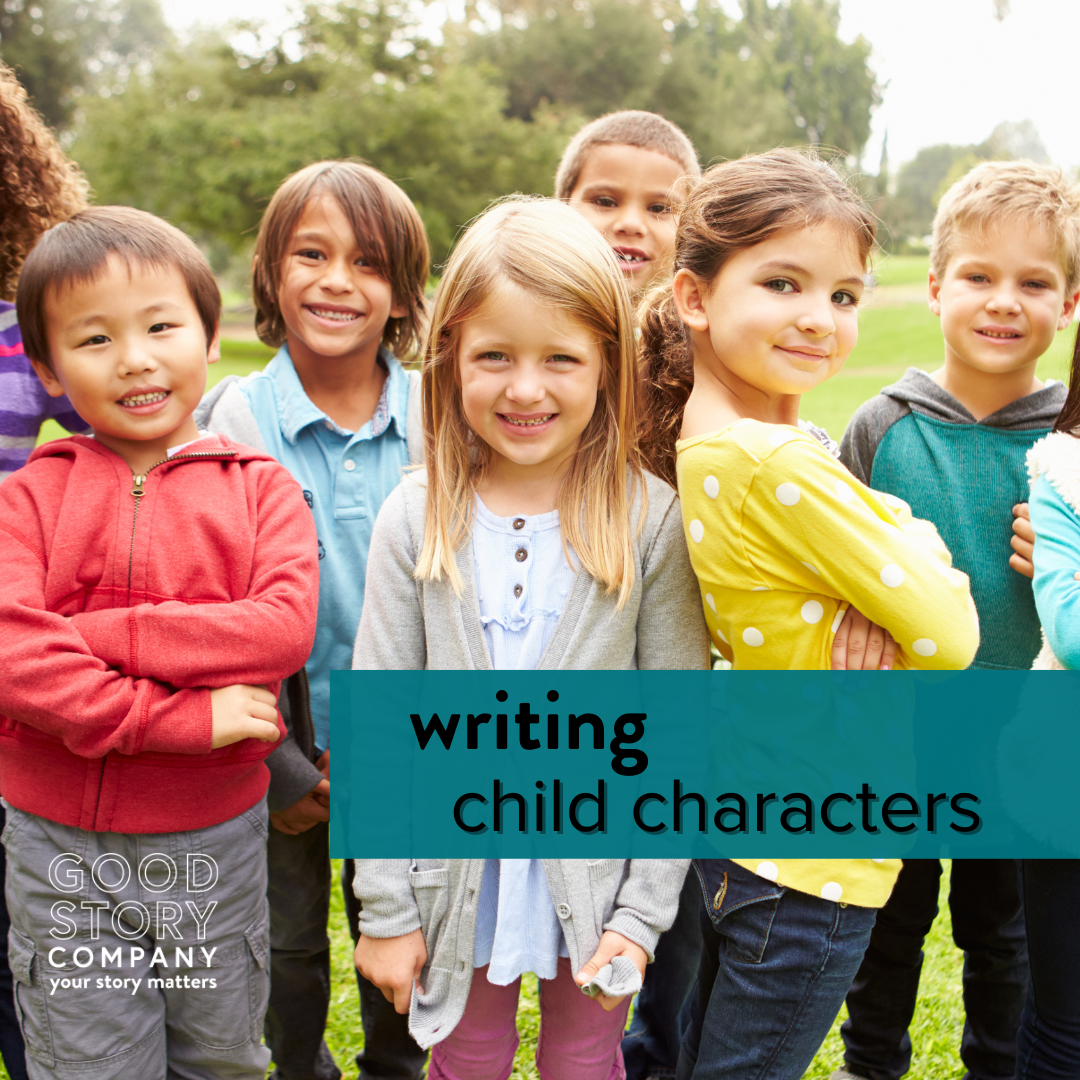
Tips for Writing Child Characters
Whether you’re writing a picture book, a chapter book or a middle grade novel, the star of your story is a child character. Here are some tips on how to write a believable child character.

Writing Realistic Dialogue
When done right, writing realistic dialogue isn’t simple because people aren’t. Here are some tips and tricks for writing dialogue that sounds natural and fits the character who’s speaking.

Writing The Opening Line
The opening line is your first opportunity to make an impression and entice your readers. You should want the opening line to work for the story and be meaningful, but at the same time you don’t want it to do too much. Here’s how to find that balance.
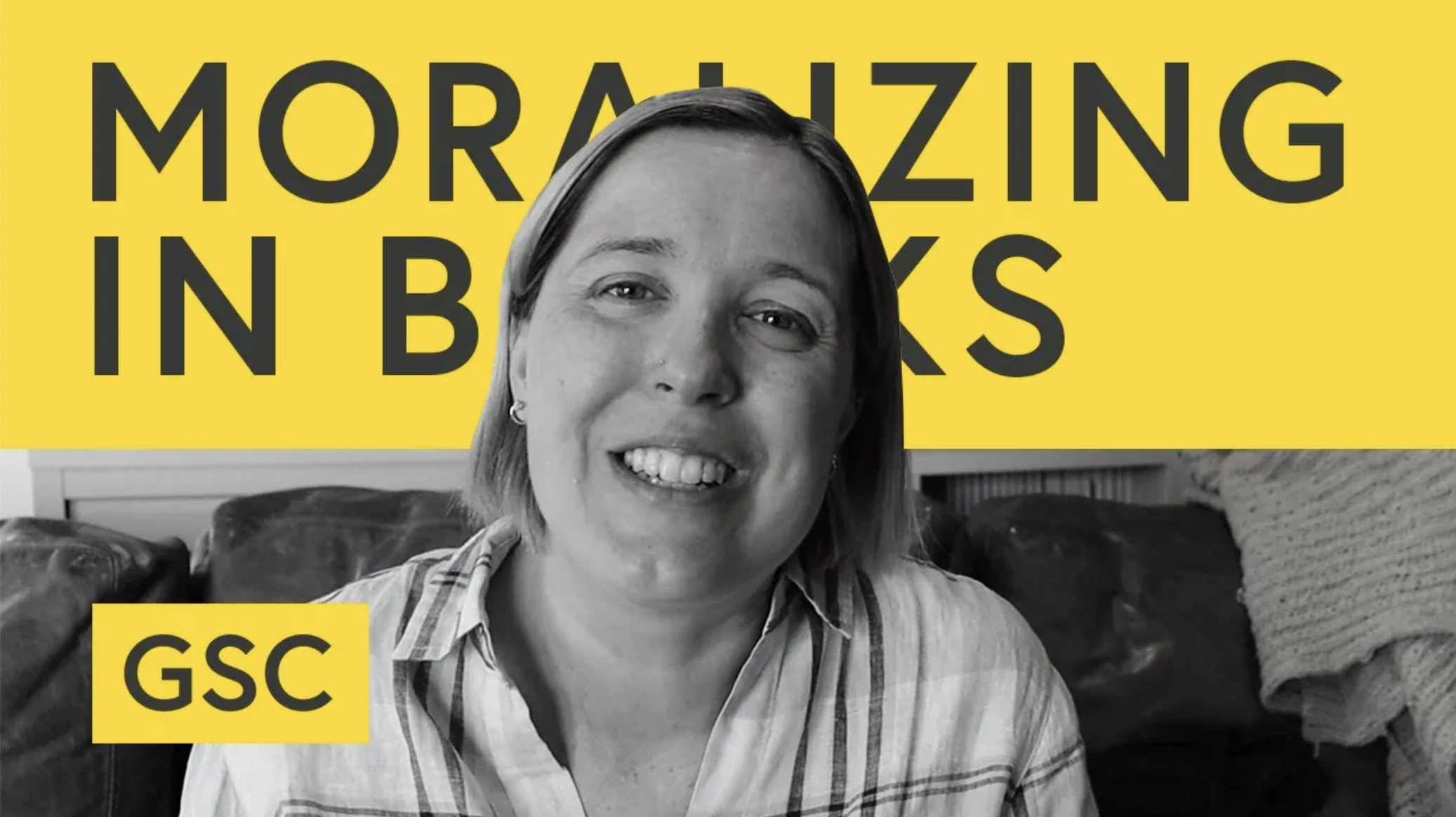
Moralizing in Books
Think twice before you moralize in your book. Ditch "sharing is caring!" and go for a more nuanced message. Here's how.

Writing Female Characters
Writing female characters can be harder than you expect, as a writer, but it’s important to get right. There are some blind spots that many of us—men and women alike—have when it comes to crafting compelling female characters.
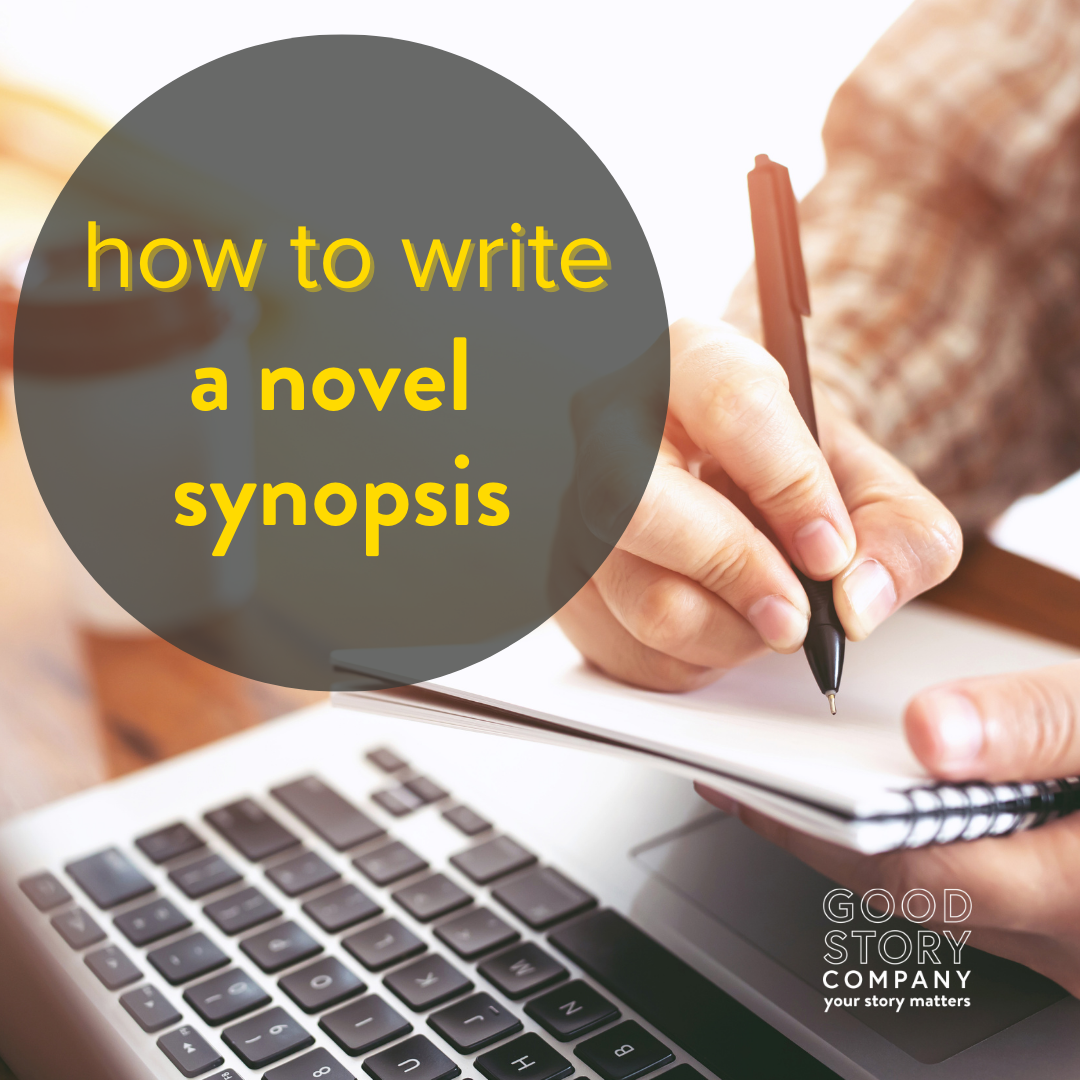
How to Write a Novel Synopsis
One of the most difficult parts of submitting a manuscript or query to an agent or publisher is figuring out how to write a novel synopsis. That task is different every time and for every book. Just like the task of writing each book is different and calls upon different skills, crafting a synopsis for each manuscript is different, as well.
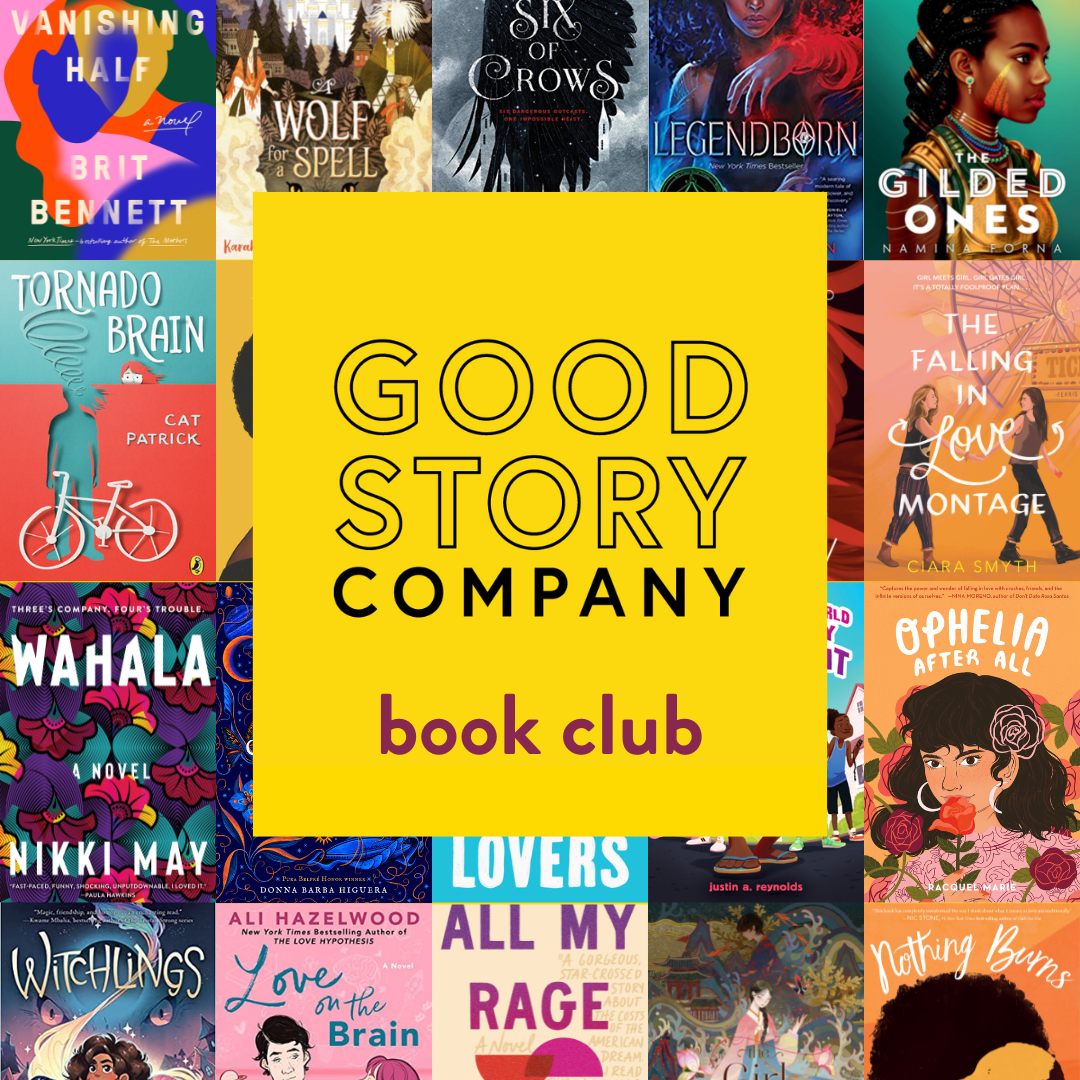
Books to Read: A Fresh TBR with Good Story Book Club
If you’re a book nerd like us, you’re always on the lookout for books to read. Doesn’t matter that the TBR stack is out of control. To stay up to date on fresh new reads, we invite you to join our Good Story Book Club!
